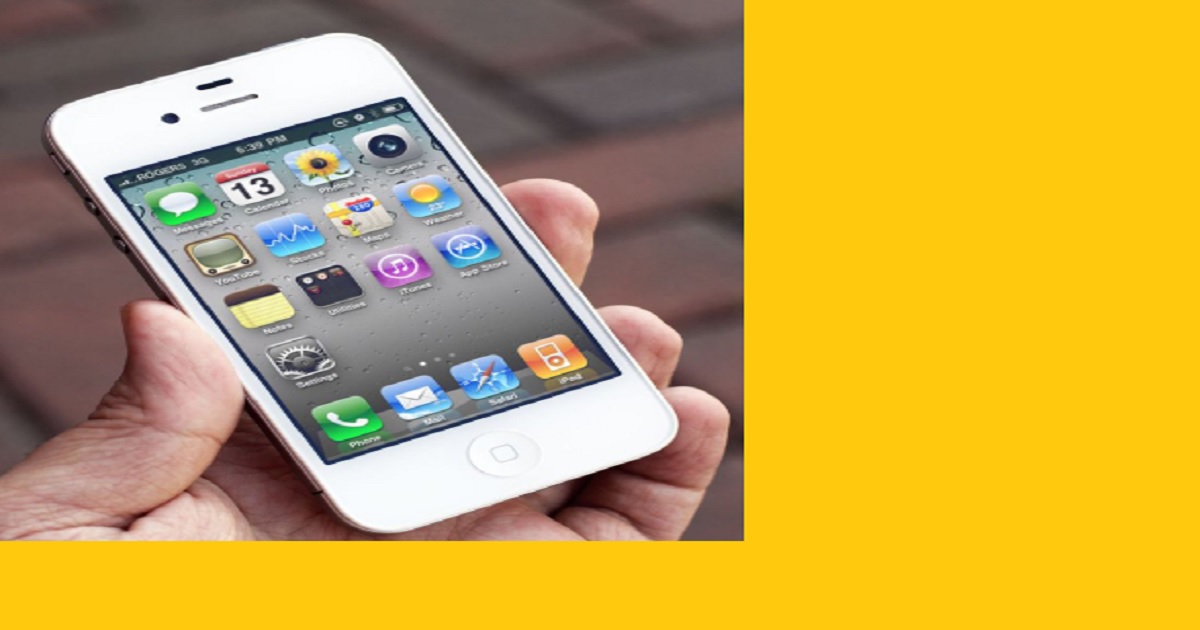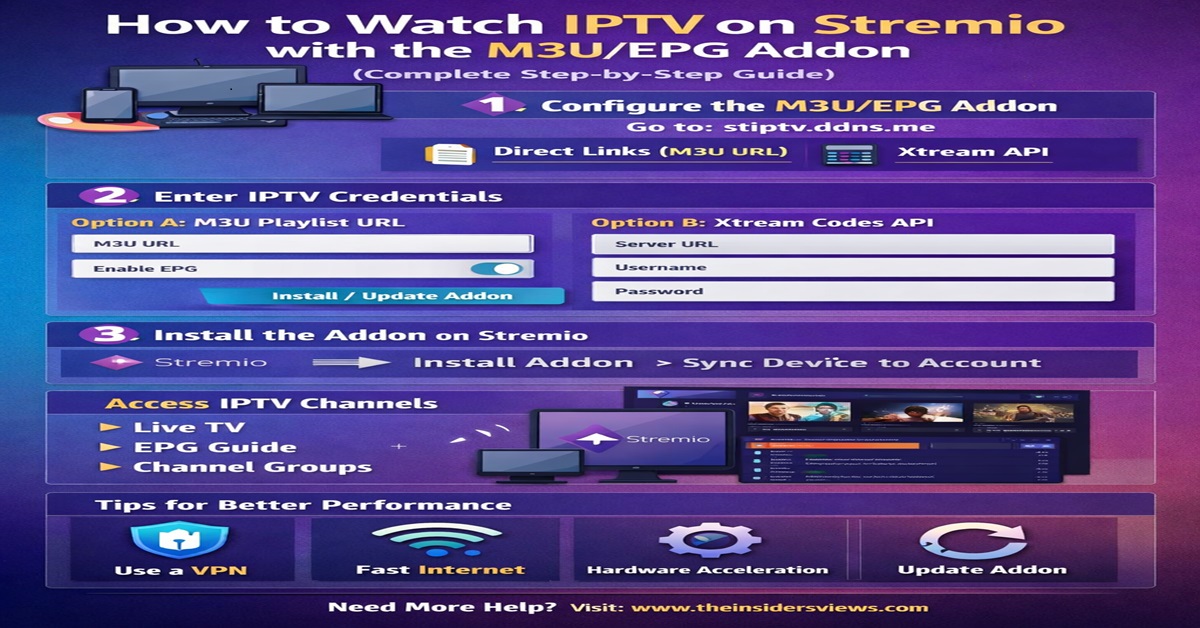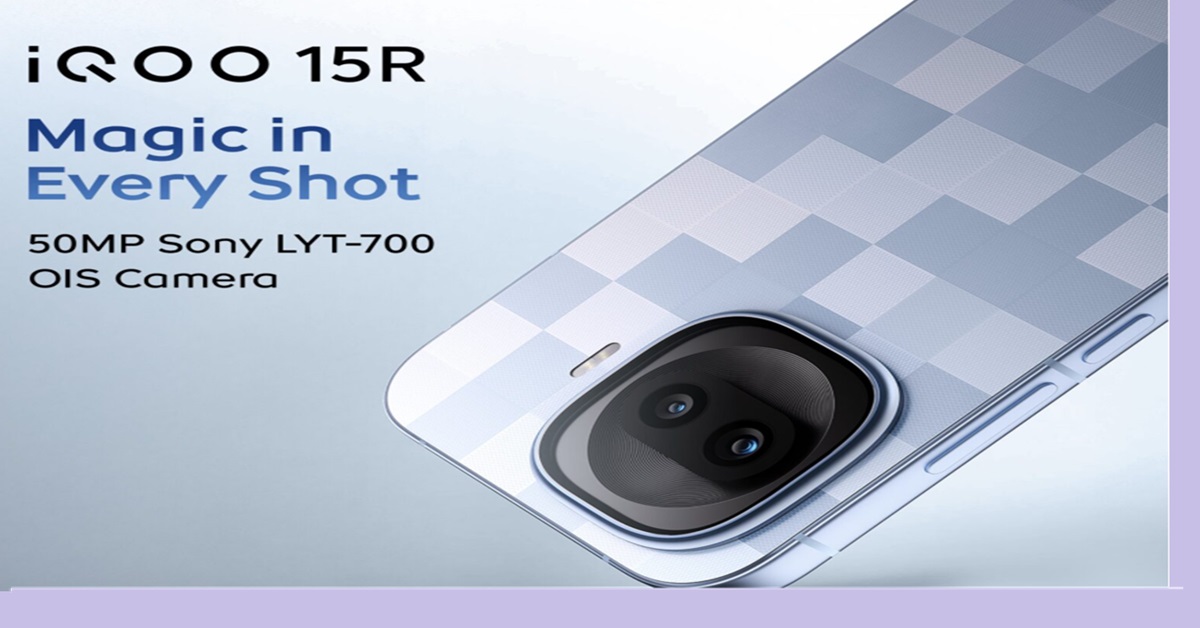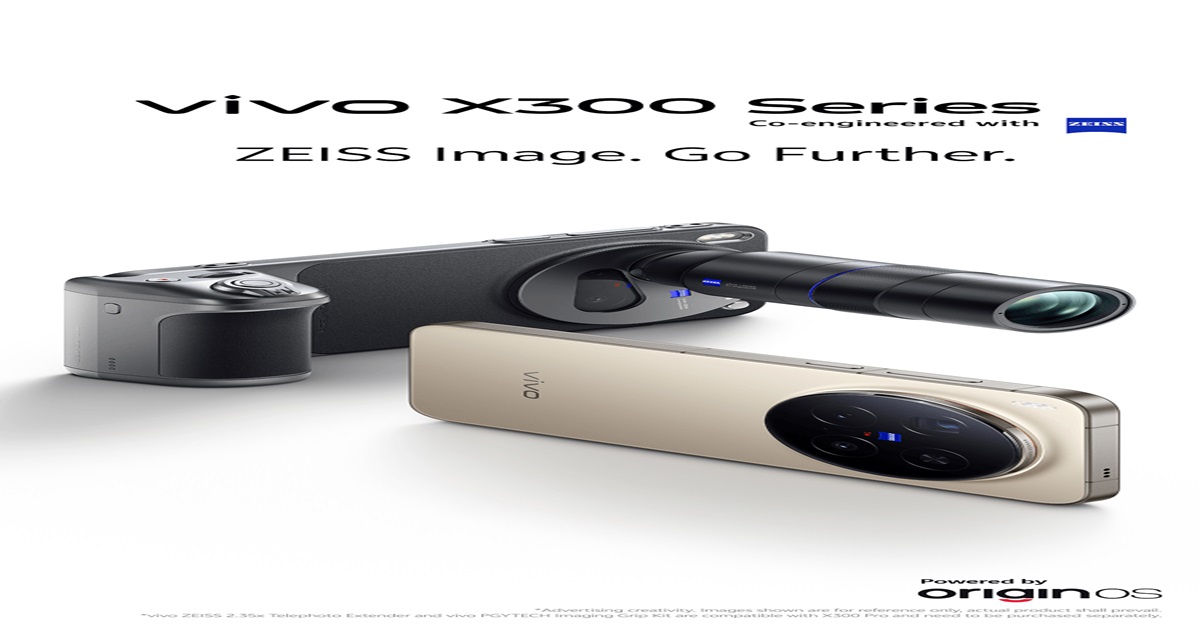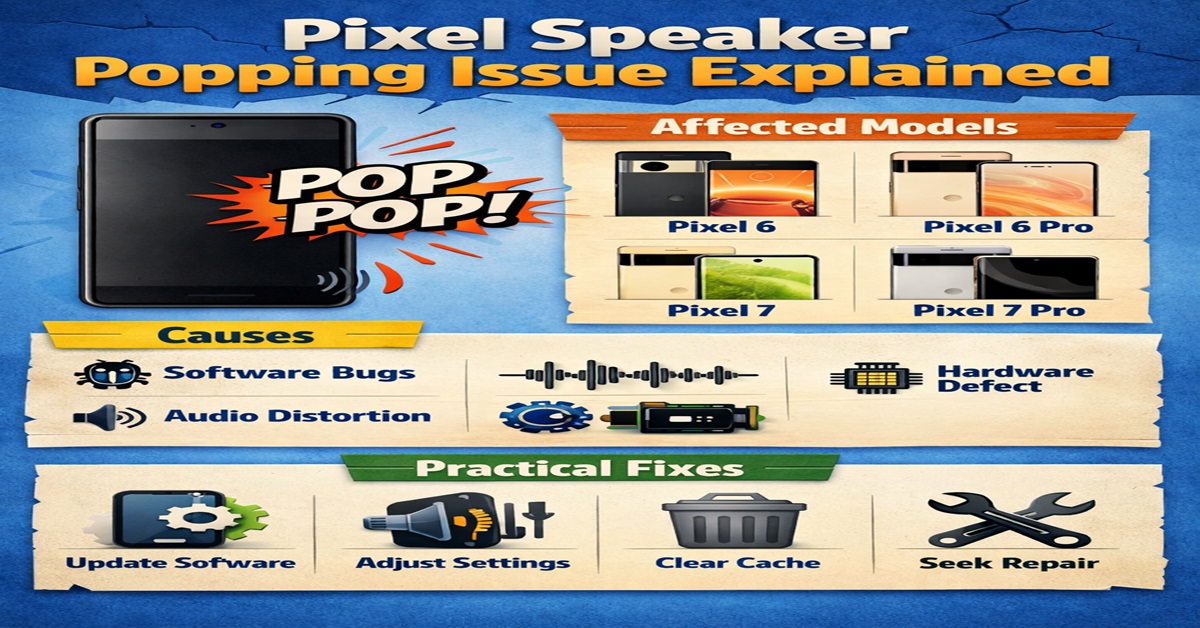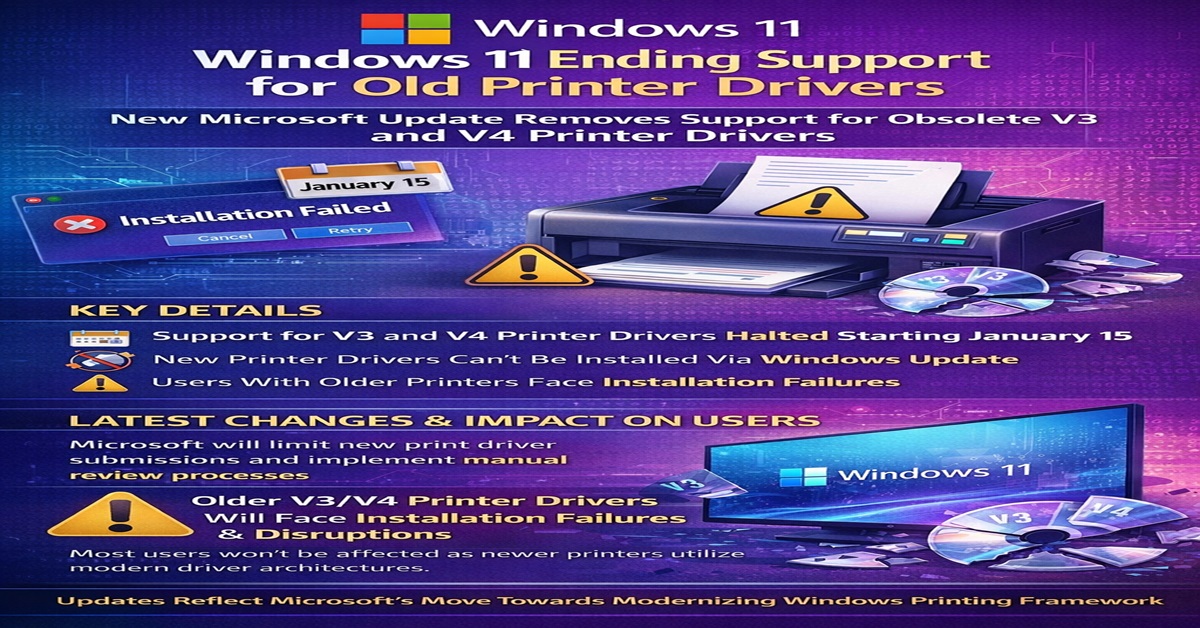The iphone 4 is is launched in the year 2010. At the beginning stage of the mobile technology era . Even as of January 2025, its legacy remains evident in modern devices. This blog post delves into the iPhone 4’s groundbreaking features, design innovations, and its enduring impact on the smartphone industry.
What are the key points or features of this phone?
The iphone introduced a new striking designe , moving away from the rounded contours of its predecessors.
The first phone is for a new look and new invention in the apple company for producing a powerfull phone.
The whole device was made by a aluminosilicate glass on the front and back , and a chemically strengthened material why because that kind of the chemical makes a matel as a thick and durable to user usable . and somkind of the scatch resisitance given a device it’s a good and technical involvement in the product.
Another big advantage of this is a Stainless steel band encircled the device providing sddional strength means the (five times stronger than standard steel) this will bring that time a very bright feature to the smartphone lovers.
The high resolution display set a industry standard and make a Powerful Brand. While making a text and images are remarkably crisp and vibrant.
What are the Camera Zone Speciality.
The 5 megapixel rear camera clicks a stunning pictures and photography sense.
Megapixel captures a brilliant pictures and images for the day life .
Furnished with a Drove glimmer, self-adjust, and a rear enlightened sensor for worked on low-light execution.
Presented 720p HD video recording, permitting clients to catch top notch recordings.
A forward looking 0.3-megapixel camera empowered video calls and established the groundwork for Apple’s FaceTime highlight
Programming and Elements
Ran on iOS 4, presenting a few remarkable highlights for upgraded client experience.
Performing various tasks permitted clients to switch between applications flawlessly without depleting battery duration.
The presentation of envelopes assisted clients with coordinating their applications all the more productively.
The iBooks application was presented, changing the iPhone into a versatile tablet. (apple.com)
Highlighted a three-pivot whirligig joined with an accelerometer, giving six-hub movement detecting.
This improved the gaming experience by offering more exact movement controls. (apple.com)
Network and Sensors
Upheld Wi-Fi, GPS, Bluetooth v2.1, and 3G network, guaranteeing consistent correspondence and web access.
Included fundamental sensors like an accelerometer, surrounding light sensor, whirligig, vicinity sensor, and compass, adding to its adaptable usefulness. (gadgets360.com)
Market Effect and Heritage
The iPhone 4 got broad recognition for its progressive plan and usefulness.
The presentation of the Retina show set another industry standard for screen clearness.
The plan language affected future cell phones, including Apple’s own later models.
Highlights like the forward looking camera and performing multiple tasks became industry staples.
As of January 2025, the iPhone 4 is presently not underway, however its impact stays apparent in current cell phone plans and elements.
Here’s a table for the iPhone 4 specifications:
| Specification | Details |
| Display | 3.5-inch Retina display (640×960 pixels, 326 ppi) |
| Processor | Apple A4 single-core chip |
| RAM | 512MB |
| Storage Options | 8GB, 16GB, 32GB |
| Rear Camera | 5MP with LED flash, autofocus, BSI sensor |
| Front Camera | 0.3MP (VGA) |
| Video Recording | 720p HD video |
| Battery | 1420mAh (up to 7 hours talk time on 3G, 300 hours standby) |
| Operating System | iOS 4 (Upgradeable to iOS 7.1.2) |
| Connectivity | Wi-Fi, GPS, Bluetooth v2.1, 3G |
| Sensors | Accelerometer, Gyroscope, Proximity Sensor, Ambient Light Sensor, Compass |
| Body Material | Aluminosilicate glass (front and back) with a stainless steel frame |
| Thickness | 9.3 mm |
| Weight | 137g |
